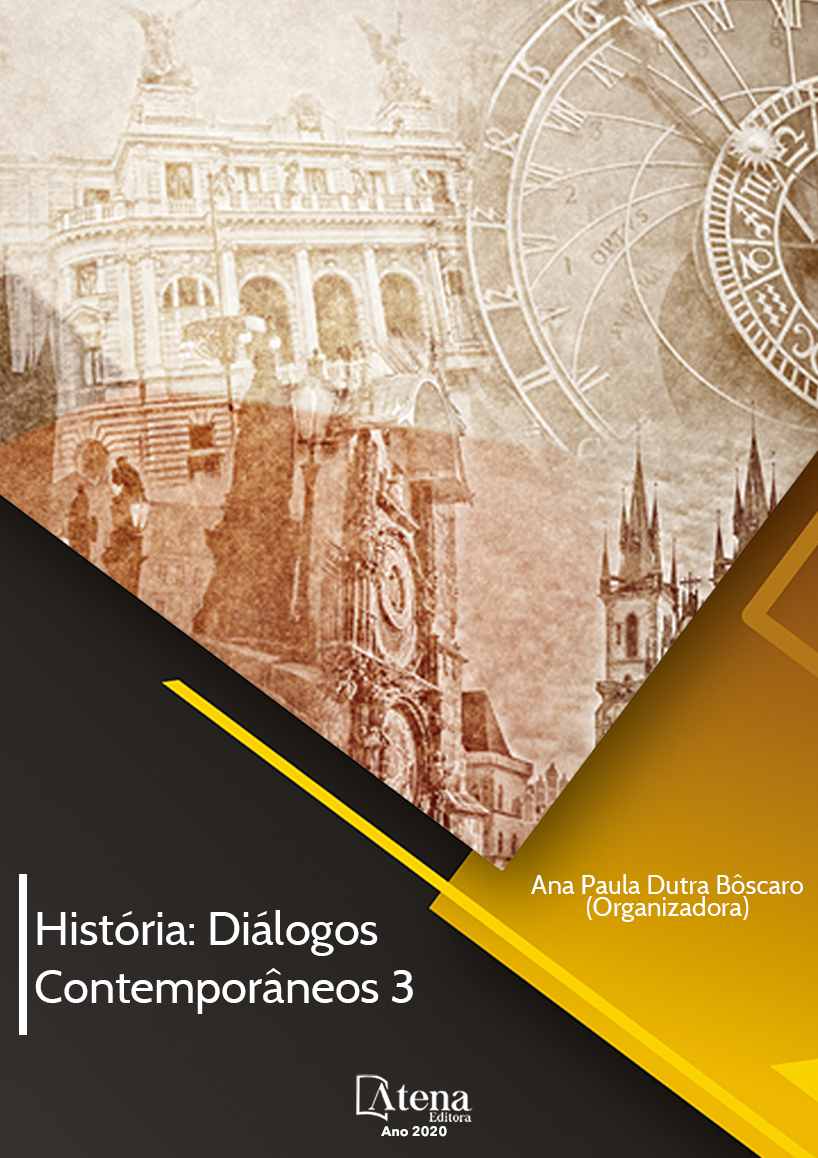
CAPITALISMO, COMUNISMO E A HISTÓRIA DO FUTURO: APONTAMENTOS DE PESQUISA SOBRE “A MÁQUINA DO TEMPO” DE H. G. WELLS (1895)
Herbert George Wells (1866-1946), conhecido como H. G. Wells, foi um dos autores mais importantes da literatura “científica” do seu tempo. O escritor inglês frequentemente apresentou suas aflições em sua literatura ficcional, com inúmeras referências e julgamentos sobre o seu próprio tempo. Entre as obras a abordar essa temática, encontra-se “A máquina do tempo”, de 1895. Essa obra foi o primeiro romance de fôlego de H. G. Wells. Ela faz parte desses casos singulares da literatura a inaugurar um subgênero, o das histórias de “viagens no tempo”. Esse artigo propõe explorar algumas possibilidades interpretativas a respeito das críticas presentes em “A máquina do tempo”. Como hipótese preliminar, entende-se que Wells lançou mão da distopia futurista para tratar de temas e questões relacionadas ao seu tempo histórico e às suas próprias idiossincrasias. Suas distopias alegóricas contribuem para interrogar epistemologicamente as aspirações utópicas de alguns dos chamados “neologismos” da modernidade, como o liberalismo e o comunismo, e sua inevitável relação com a dimensão temporal. Na ficção de Wells, pode-se compreender que esses termos são empregados de forma paradoxal, ora como um modelo de utopia, ora como o seu avesso, a distopia, sendo ambos localizados no futuro.
CAPITALISMO, COMUNISMO E A HISTÓRIA DO FUTURO: APONTAMENTOS DE PESQUISA SOBRE “A MÁQUINA DO TEMPO” DE H. G. WELLS (1895)
-
DOI: 10.22533/at.ed.3932010023
-
Palavras-chave: H. G. Wells, Literatura, Teoria da História.
-
Keywords: H. G. Wells, Literature, Theory of History.
-
Abstract:
Herbert George Wells (1866-1946), known as H. G. Wells, was one of the most important authors of the "scientific" literature of his time. The writer has often presented his afflictions in his fictional literature, with numerous references and judgments about his own time. Among the works addressing this theme is “The time machine” from 1895. This work was H. G. Wells' first novel. It is one of these unique cases of literature inaugurating a subgenre: the "time travel" stories. This article proposes to explore some interpretative possibilities regarding the critiques presented in “The time machine”. As a preliminary hypothesis, it is understood that Wells used futuristic dystopia to address issues related to his historical time and his own idiosyncrasies. Their allegorical dystopias contribute to epistemologically interrogate the utopian aspirations of some of the so-called “neologisms” of modernity, such as liberalism and communism, and their inevitable relationship with the temporal dimension. In the novel, these terms are used paradoxically, sometimes as a model of utopia, sometimes as their reverse, dystopia, both being located in the future.
-
Número de páginas: 20
- Pedro Nogueira da Gama


